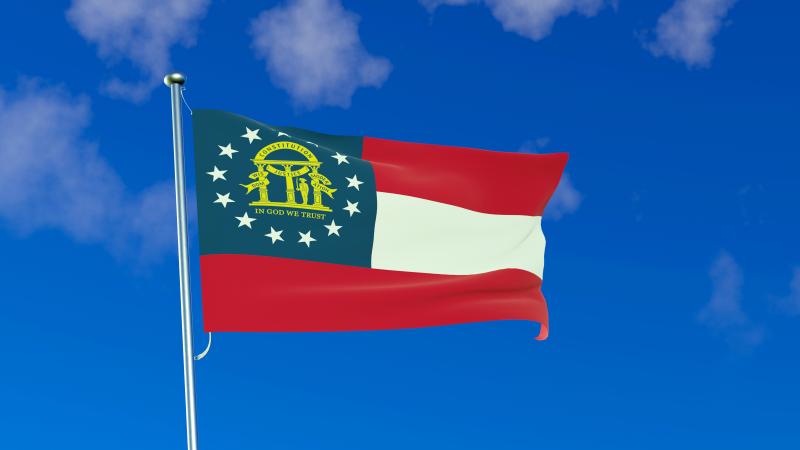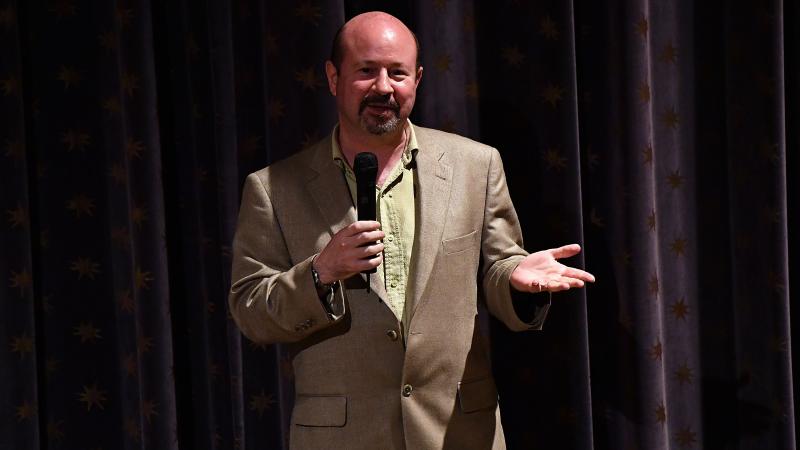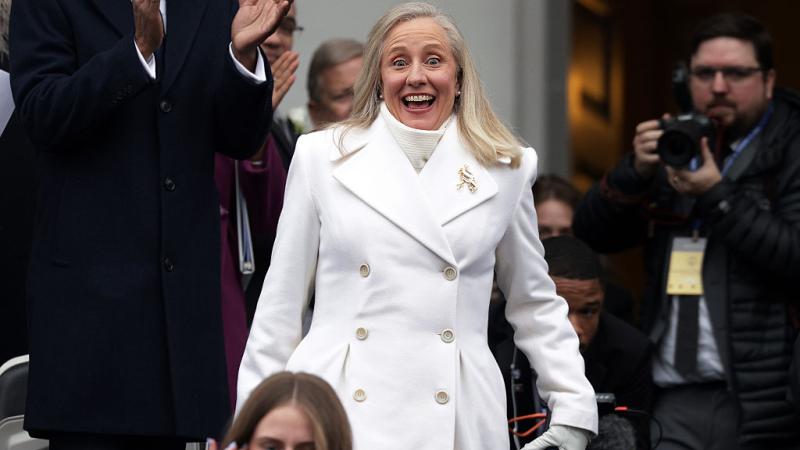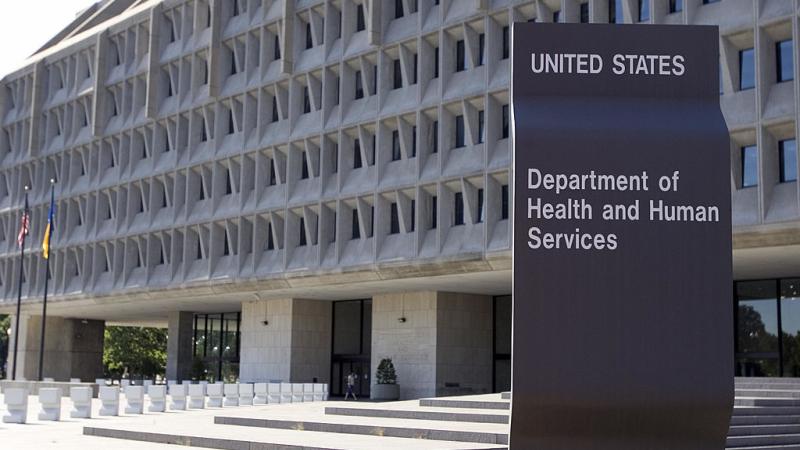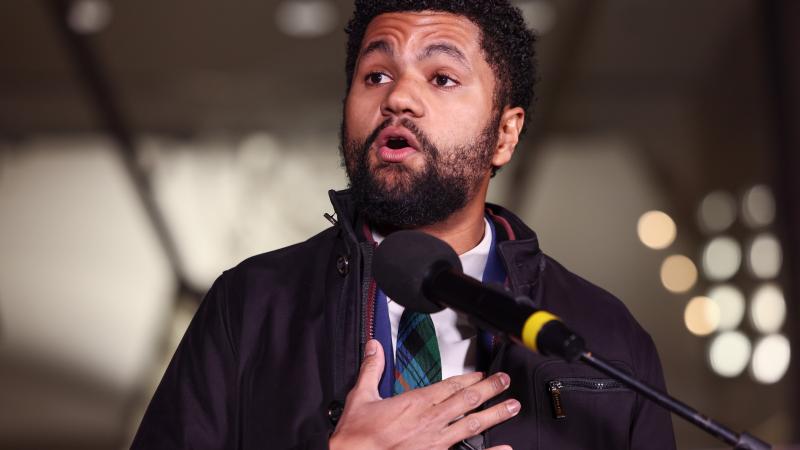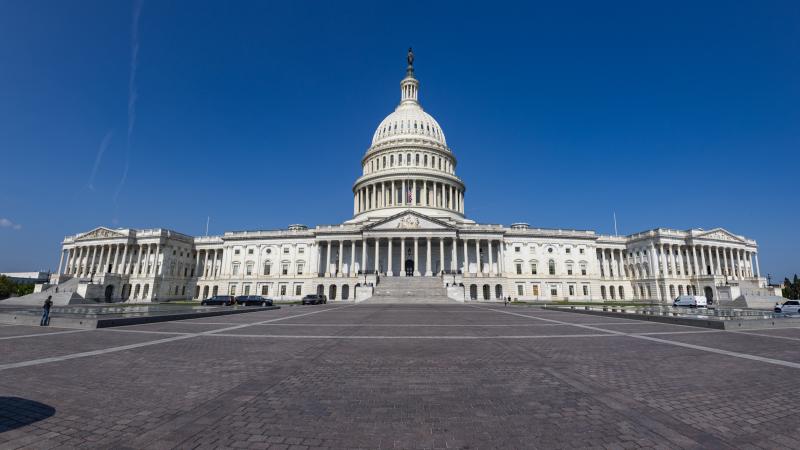CA legislature passes bill creating news subsidies to be overseen by the state's governor
“Just like the Washington Post doesn’t run negative stories about Jeff Bezos — because he owns and funds it — Governor Newsom and the Legislature are creating the same conflict of interest with this new fund,” said Republican state Assemblymember David Tangipa.
(The Center Square) -
(The Center Square) - The California Legislature passed a bill to provide $10 million in state funding for a governor-overseen news media subsidy program that media leaders say will erode the incentive for news organizations to hold the government accountable for its actions.
The bill now heads to Gov. Gavin Newsom’s desk for approval.
“This new office undermines the very independence of local media,” said state Assemblymember David Tangipa, R-Fresno, in a statement to The Center Square. “Just like the Washington Post doesn’t run negative stories about Jeff Bezos — because he owns and funds it — Governor Newsom and the Legislature are creating the same conflict of interest with this new fund.”
In an Assembly hearing on the bill, AB 155, Tangipa asked state staff about the program and its governance.
“It will establish a program in the governor’s office of business and economic development to support local journalism,” responded Justin Adelman, assistant budget program manager at the California Department of Finance. “The program will have nine members on a board who will advise the director of the governor’s office of business and economic development to distribute those funds.”
When asked by Tangipa about the board’s composition, Adelman noted the advisory board would be appointed by the governor-appointed director of business and economic development.
Rebuild Local News, a coalition that says it represents more than 3,000 newsrooms — including hundreds in California — and 15,000 journalists, supported earlier, similar measures from the state that did not come to fruition, but cautioned it has “press independence concerns with empowering the executive branch to pick winners and losers, among other issues.”
Assembly and Senate Bill 155 was an open bill that was amended on Sept. 8 by the state legislature’s budget committees to create the California Civic Media Program, then passed by the Legislature and sent to the governor’s desk in under one week.
According to RLN’s analysis of the program, the advisory board has no formal powers and is “strictly advisory,” leaving full authority for the program and its funds with Newsom-appointed GO-Biz Director Dee Dee Myers and her successors.
“The current director of GO-Biz is Gov. Newsom cabinet appointee Dee Dee Myers, a longtime Democratic political activist and official,” wrote RLN Director of Policy Matt Pearce. “Myers was previously White House Press Secretary under President Bill Clinton, executive vice president of worldwide corporate communications and public affairs for Warner Bros., managing director of communications firm Glover Park Group, as well as a CNBC cohost, Vanity Fair contributor and political commentator.”
The program’s taxpayer funding is conditional in that it will only provide up to one-to-one funding matches from private donations, with the $10 million authorized by AB/SB 155 matching the $10 million announced by Alphabet, formerly known as Google, earlier this year, bringing total funding to at least $20 million.
“GO-Biz’s statutory authority over the allocation of privately contributed dollars – such as the matching funds expected to be given by Google – is less directly spelled out in the bill text but appears to be similarly discretionary,” continued Pearce.
RLN had supported an earlier 2024 deal with technology companies to avoid a new state tax by agreeing to fund local journalism, concluding that deal “does not give the government tools to reward or punish newsrooms and thereby undermine editorial independence." RLN presented the Civic Media Program as the significantly altered culmination of this agreement.
Assembly Budget Committee Chair Jesse Gabriel, D-Encino, and Senate Budget and Fiscal Review Committee Chair Scott Wiener, D-San Francisco, under whom the amendments creating the Civic Media Program were added, did not respond to inquiries from The Center Square by the time of publication.
